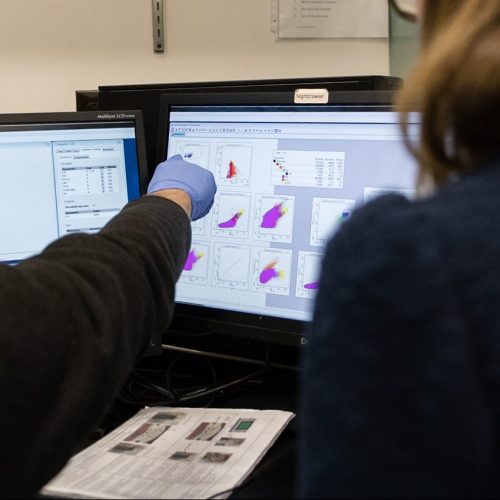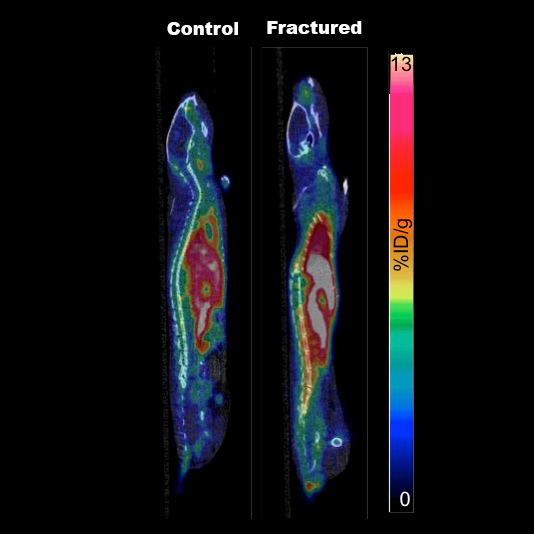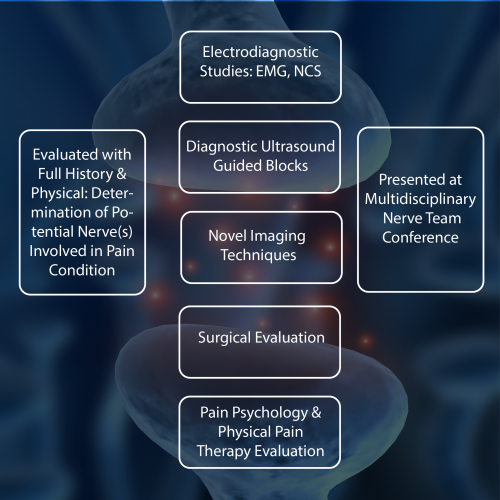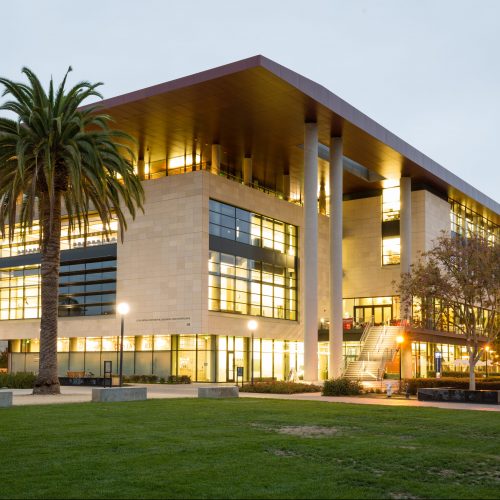Research
One in three Americans suffers from chronic pain at a huge cost to society. As the ongoing Opioid Epidemic has highlighted, we lack reliable, safe and effective treatments for pain. A more thorough understanding of the basic mechanisms contributing to chronic pain is crucial to the development of therapies that target the likely unique underlying causes of diverse pain conditions. For instance, the cellular and molecular change that control the transition from acute to chronic pain may differ between widespread pain conditions such as fibromyalgia and more compartmentalized diseases such as complex regional pain syndrome (CRPS).







